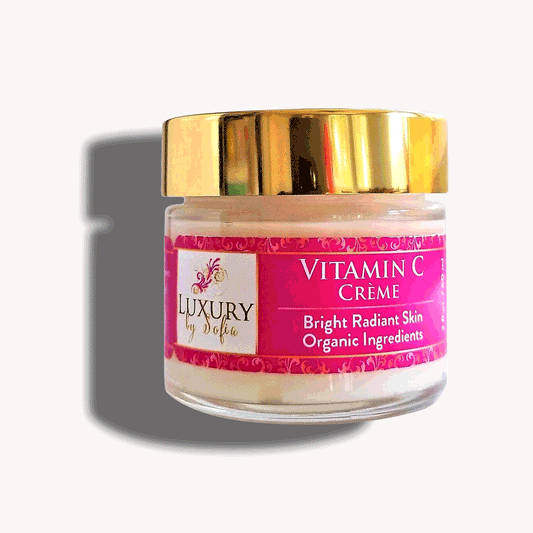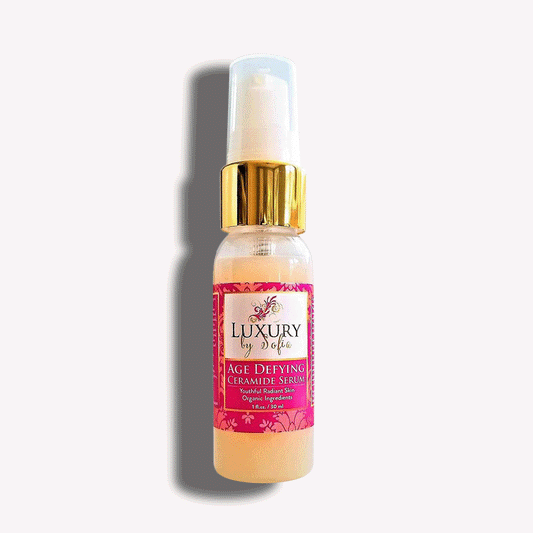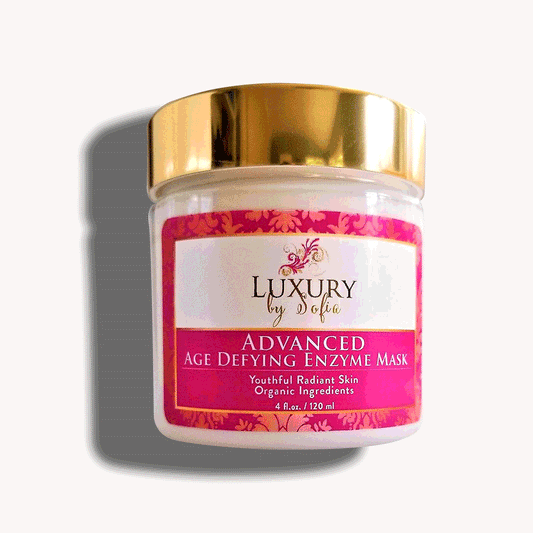Makeup has become an essential part of many people's daily routine. With the increasing demand for cosmetics, there is now a wide variety of makeup products available in the market. However, one of the biggest debates in the beauty industry is whether to go for natural or synthetic makeup products. In this blog post, we will explore the pros and cons of both natural and synthetic makeup products to help you make an informed decision.

Natural Makeup Products
Natural makeup products typically contain ingredients that are derived from natural sources such as plants, minerals, and even animal by-products. Here are some of the pros and cons of using natural makeup products:
Pros
-
Gentler On The Skin: Organic makeup products are often made with gentle ingredients that are less likely to irritate the skin. They are suitable for people with sensitive skin or allergies.
-
Environmentally-Friendly: Organic makeup products are usually made using sustainable practices and renewable resources, making them better for the environment.
-
Minimal To No Chemicals: Organic makeup products tend to be free from harmful chemicals such as parabens, phthalates, and sulfates. This can potentially reduce the risk of long-term health issues.
Cons
-
Limited Product Choices: Compared to synthetic makeup products, the range of colors, finishes, and textures available in natural makeup products may be limited.
-
Shorter Shelf Life: Organic makeup products are often made without preservatives, which means they have a shorter shelf life compared to synthetic makeup products. This means they may expire faster and need to be replaced more frequently.
-
Less Performance: Organic makeup products may not provide the same level of coverage, longevity, or intense pigmentation as synthetic makeup products. This may be a drawback for those who require more staying power in their makeup.
Try Now: All Our Organic Beauty Products
Synthetic Makeup Products
Synthetic makeup products, also known as conventional or mainstream makeup products, are made using a combination of synthetic chemicals. Here are some of the pros and cons of using synthetic makeup products:
Pros
- More Variety: Synthetic makeup products come in a wide range of colors, finishes, and textures. This allows for more creativity and experimentation.
- Longer Shelf Life: Synthetic makeup products often contain preservatives, which extend their shelf life. This means they can last longer without spoiling.
- Better Performance: Synthetic makeup products are often formulated with advanced technology to provide better coverage, longevity, and intense pigmentation.
Cons
- Higher Chance of Skin Irritation: Synthetic makeup products may contain chemicals that can irritate the skin, especially for those with sensitive skin or allergies. It is important to read the ingredient list and do patch tests before use.
- Environmental Impact: The production and disposal of synthetic makeup products can have a negative impact on the environment. Many synthetic ingredients are derived from non-renewable resources and can contribute to pollution.
- Possible long-term health risks: Some synthetic makeup products contain chemicals that have been linked to certain health issues, such as hormonal disruption or carcinogenic effects. It is important to research and choose products that are free from harmful ingredients.
Conclusion
Both natural and synthetic makeup products have their pros and cons. It ultimately comes down to personal preference, skin type, and specific needs. If you prioritize gentler ingredients and have sensitive skin, organic makeup products may be a better choice for you. On the other hand, if you prioritize performance and a wider range of options, synthetic makeup products may be more suitable. Whichever option you choose, it is important to do your research, read ingredient labels, and make an informed decision that works best for you.













